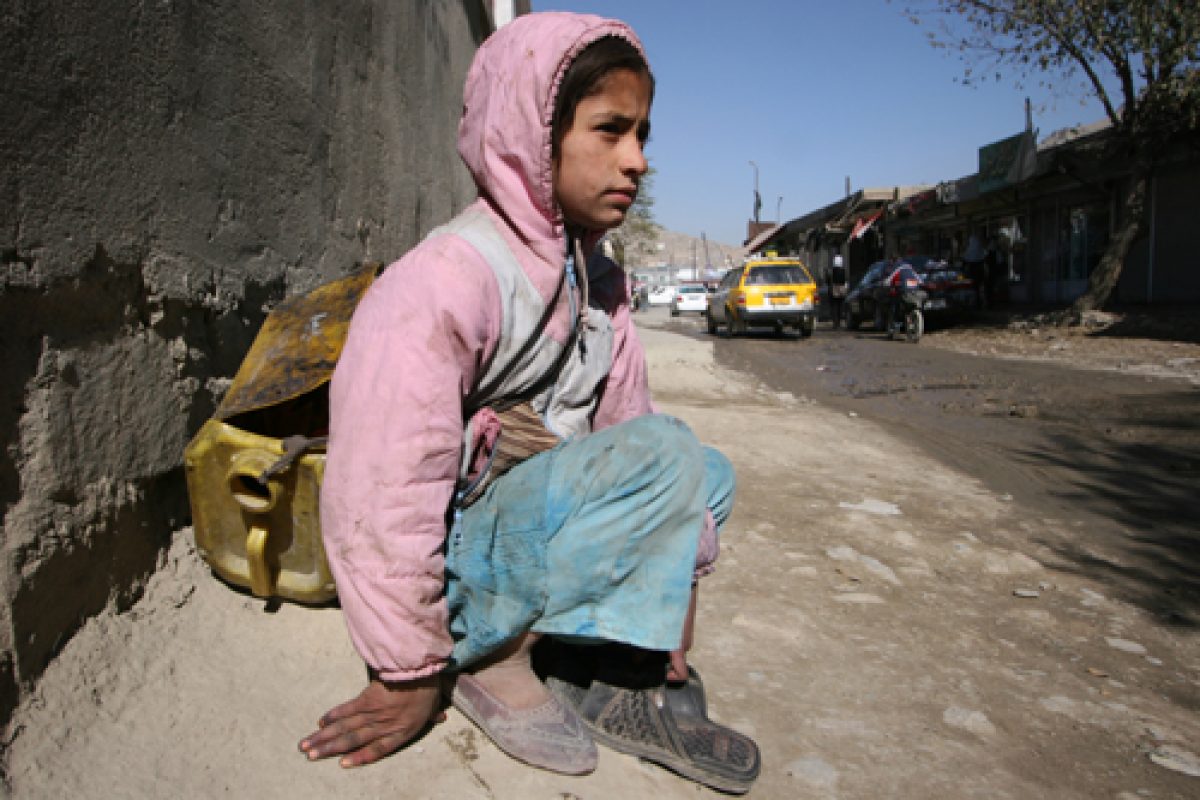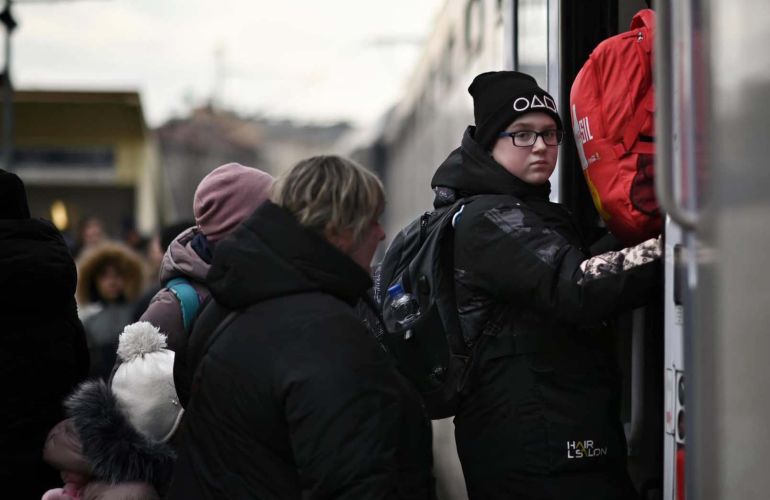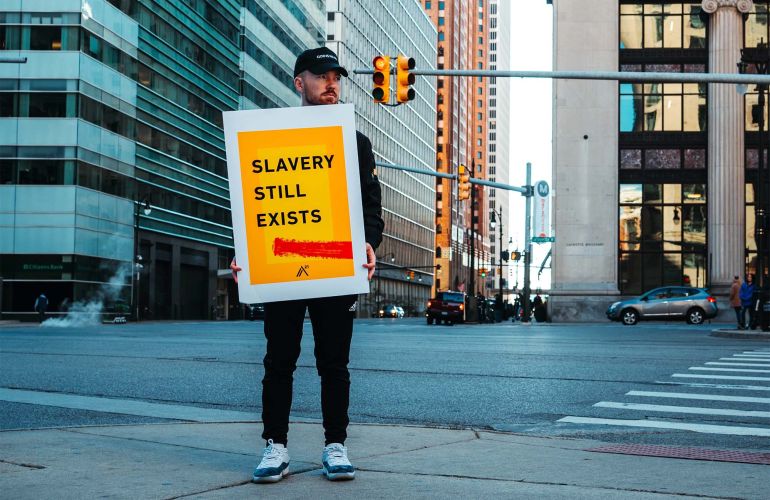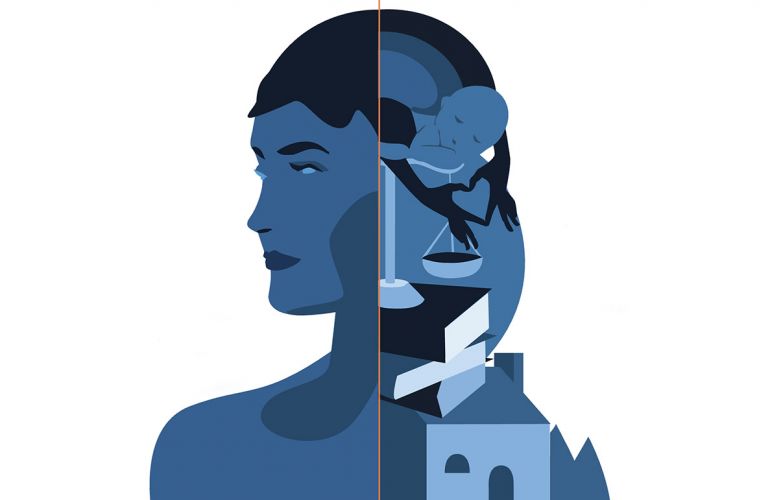Four Root Causes of Human Trafficking and Unsafe Migration

From extreme poverty of the victims to unawareness of the general public, there are several factors that contribute to make human trafficking and forced unsafe migration rampant businesses today.
Human trafficking and forced unsafe migration are complex phenomena. And yet, knowing which are their root causes is essential for those combating them. The Secretary General of the International Catholic Migration Commission (ICMC), Msgr. Robert J. Vitillo, discussed some of those factors at an international conference organized by the Federation of Asian Bishops’ Conferences in Yangon, Myanmar on 24 January.
The ICMC Secretary General mentioned in the first place extreme poverty and the consequent unequal access to basic human rights such as “education at all levels, decent work and housing and the physical, social and spiritual conditions that help children to thrive and adults to provide adequately for themselves and their families.”
Among various reports on children’s well-being and survival, Msgr. Vitillo cited UNICEF’s Report on the State of the World’s Children, which noted that of over half of the 1.3 billion people identified as poor, some 663 million are children under the age of 18 and around a third (some 428 million) are under the age of 10.
As a consequence, “at least one in three children is not getting the nutrition they need to grow well, particularly in the crucial first 1,000 days… and often beyond” while “at least 175 million children are not enrolled in pre-primary education… deepening inequalities and missing a critical investment opportunity.”
“Those living in such situations easily become vulnerable to human trafficking or to a desperate search for unsafe migration routes,” Msgr. Vitillo emphasized.
Another factor mentioned by the ICMC Secretary General was the fixation of business almost exclusively on amassing more money and profit. This easily leads to commodification and exploitation of people which, in turn, may render poor and marginalized people yet more vulnerable to human trafficking.
According to the Organisation for Economic Co-operation and Development (OECD), more than 20.9 million people around the world are considered victims of forced labor. The International Labour Organizaiton (ILO) estimates that this type of labor generates at least $150 billion per year of illegal profits in the private economy worldwide.
An additional root cause of human trafficking and forced unsafe migration is to be found on what Msgr. Vitillo called the demand side. Citing the Vatican’s Pastoral Orientations on Human Trafficking, he recalled that “consumers constitute a huge mass who seem largely unaware of the exploitation … yet enjoy the benefits” of the services provided by trafficked persons.
According to a 2013 report of the UN Special Rapporteur on trafficking in persons, “Demands for sexual exploitation, for cheap labor and domestic workers, for organ removal and sale, for illicit adoption and forced marriages, for criminal activities or begging or for the exploitation for armed groups — all constitute substantial contributing factors to human trafficking.”
In answer to the question of why there seems to be little will to understand the scope of this demand side problem, Msgr. Vitillo recalled Pope Francis’ comment that “it is because it touches close to our conscience; because it is thorny; because it is shameful. Then there are those who even knowing this, do not want to speak because they are at the end of the ‘supply chain’ as a user of the ‘services’ that are offered on the street or on the internet.”
Lack of Birth Registration and other important documents constitutes yet another cause of human trafficking and unsafe migration. The lack of such documentation prevents access to vital services and often forces migrant and refugee children and adults to seek the help of smugglers and traffickers to reach their destinations, to be reunited with family members, or to accept indecent or exploitative work situations.
In his address, Msgr. Vitillo also gave some examples of ICMC’s efforts to eliminate human trafficking.
These include its coordination of a multi-faceted research project in partnership with a large number of Catholic-inspired organizations and the ILO on “The Future of Work: Labor after Laudato Sì”. The project examines ways to prevent exploitative, indecent and corrupt labor practices that are often linked to abuses of human trafficking, corruption, and exploitation of the most vulnerable people in society.
Other features of ICMC’s work mentioned by Msgr. Vitillo were its efforts to provide job training to refugees and migrants in irregular situations and to maintain “safe spaces” for socialization and learning among women and child refugees who are survivors of sexual and/or gender-based violence.
Msgr Vitillo concluded his address citing Pope Francis’ call to all people of good will: “Let us not pretend and look the other way. There is greater complicity than we think. The issue involves everyone!”


